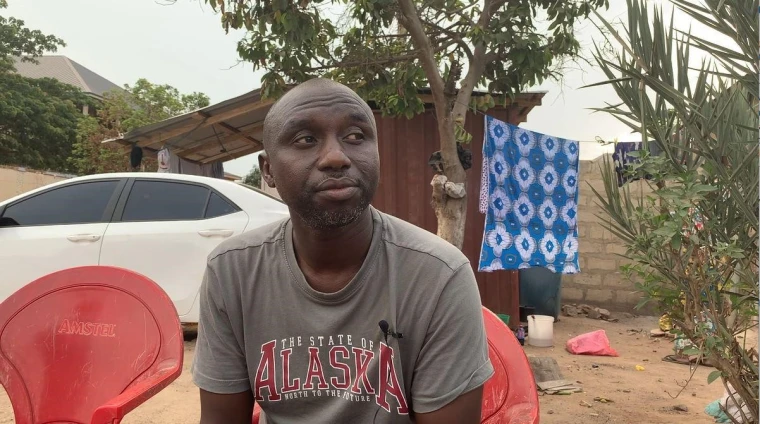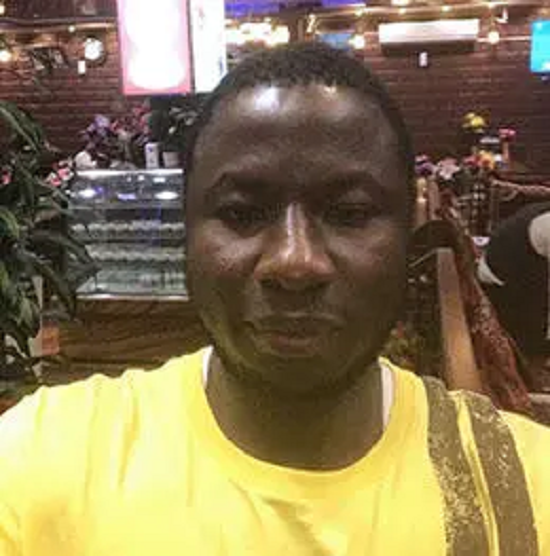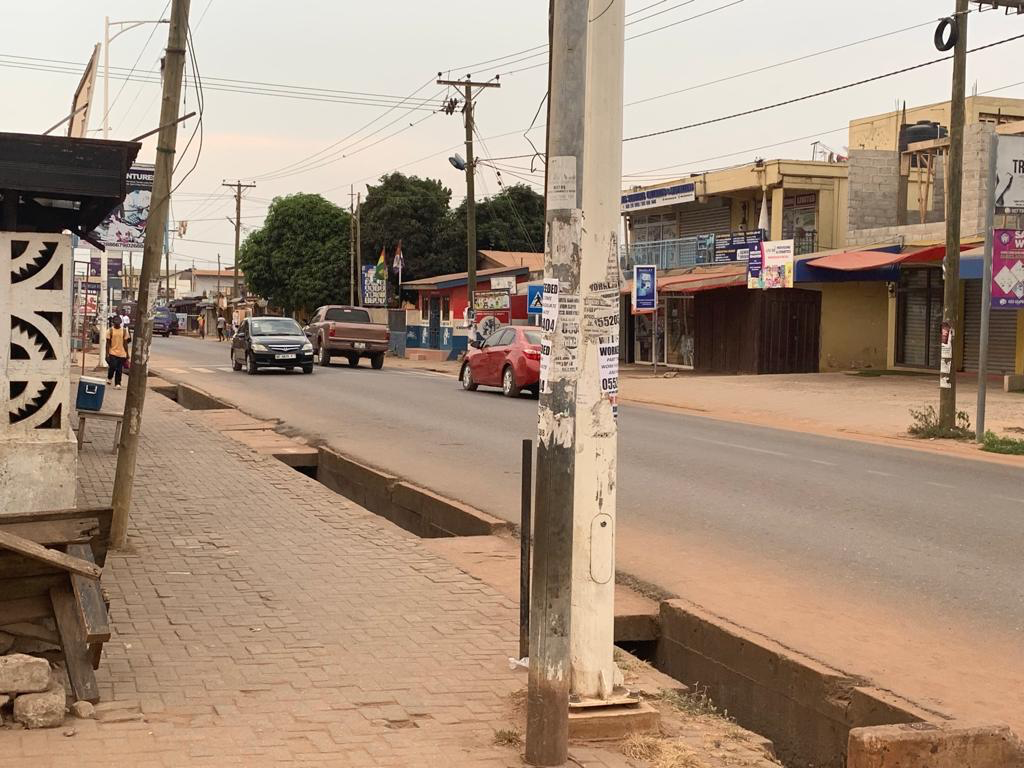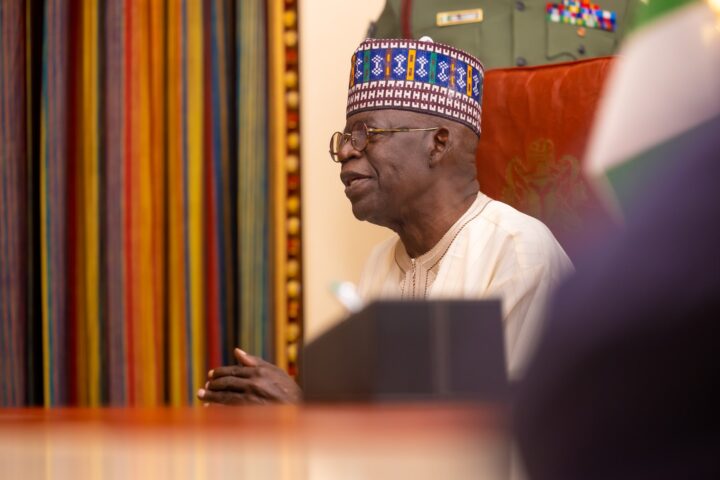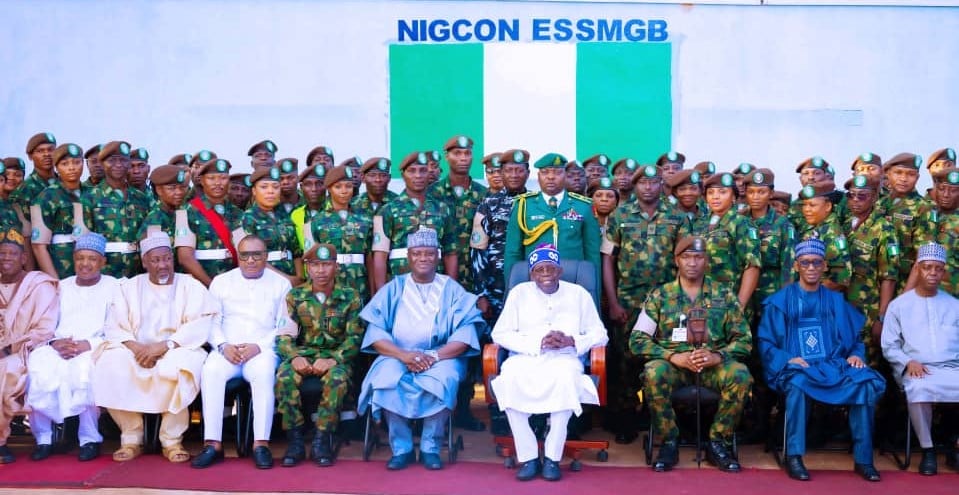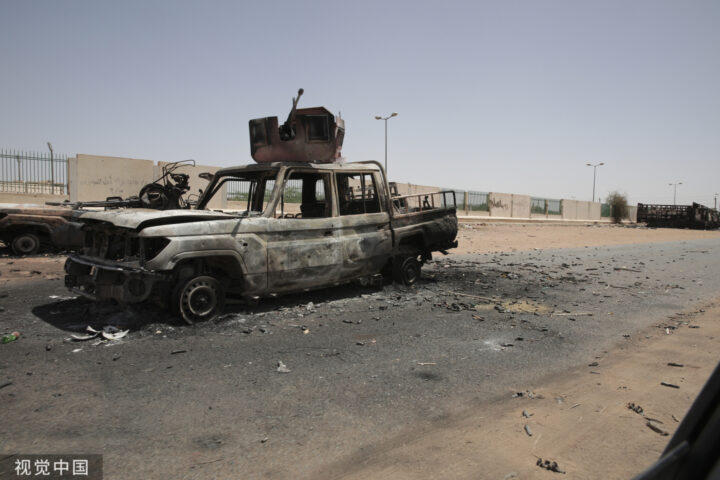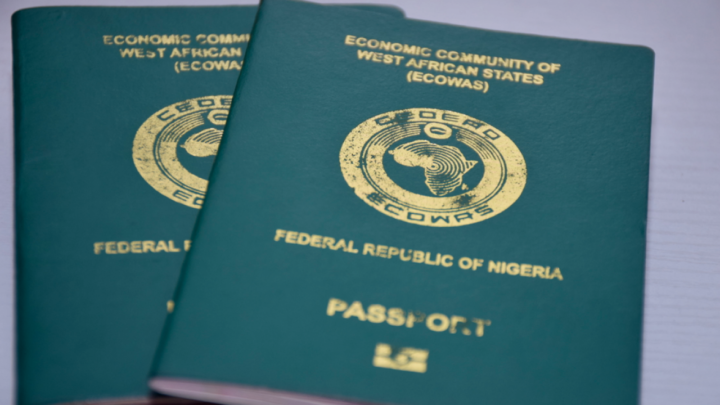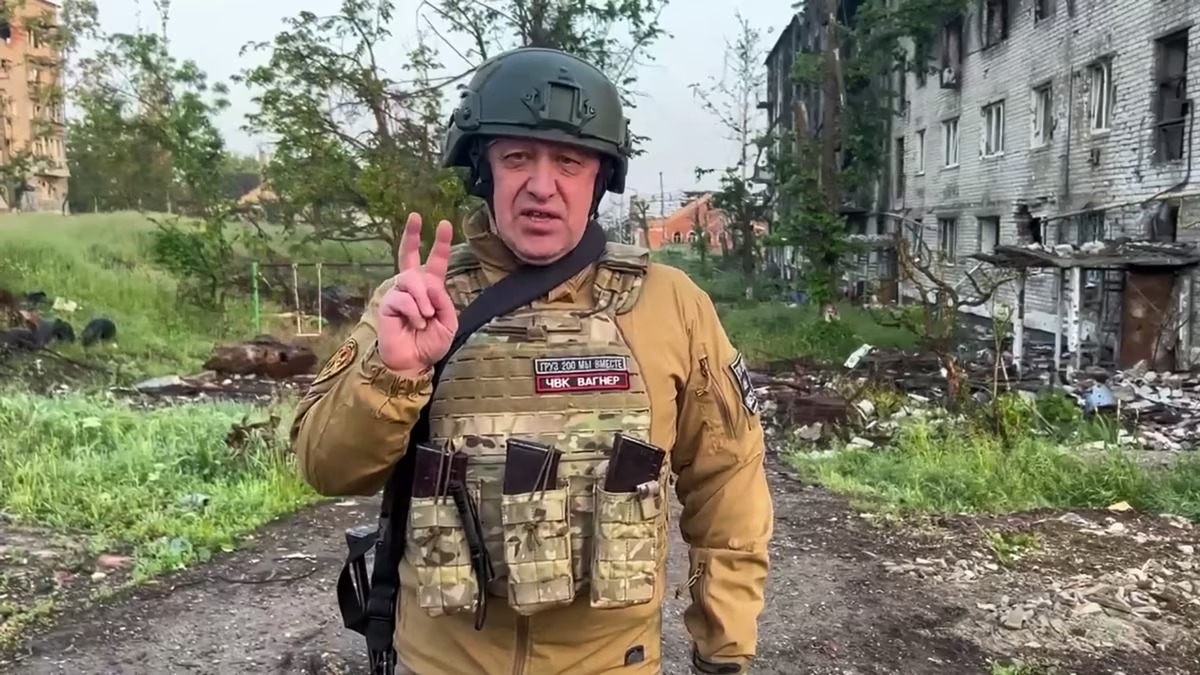Advertisement
“We only feel totally neglect[ed], as if we are not Ghanaians in our own country,” Tahidu said, emphasising that he and his family will continue pressing for answers.
“If it is left with these Ghanaian law enforcers, I’m afraid it will always be a talk show.”
Advertisement
Tahidu also refuses to let anyone else in his family become a journalist. He knows why his brother Ahmed entered the profession, but vows to prevent anyone else he loves from doing something so dangerous.
Jonathan Rozen is CPJ’s senior Africa researcher. Previously, he worked in South Africa, Mozambique, and Canada with the Institute for Security Studies, assessing Mozambican peace-building processes. He also wrote analyses for the think tank adelphi on links between climate action and conflict prevention. Rozen was a U.N. correspondent for IPS News and has written for Al-Jazeera English and the International Peace Institute. He speaks English and French. Follow him on Twitter @Rozen_J.
Advertisement
